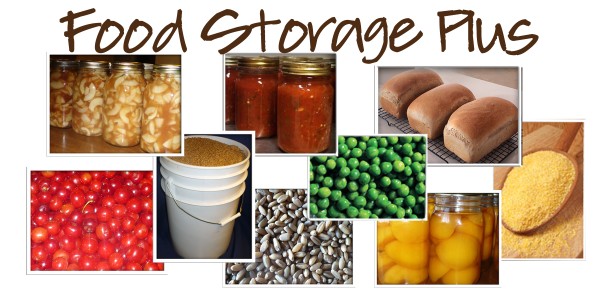I love this time of year and I quite often find myself singing this song (above). The amber waves of grain trigger it. I love watching the grain turn from a lush green to a very soft green to deep gold to amber. I love harvesting food whether it be grain, apples, cherries, veggies, potatoes (ahh, the smell of potato dirt), or a variety of other foods. I love the changing seasons and colors... love it!
I've taken too long in answering today's question, but I think I have studied enough to provide a decent answer... ready?
QUESTION:
could you enlighten me on the difference between spring and winter wheat? I found some hard white spring wheat at Walmart here that I bought a bag of just to try it out. So wondering if winter will be similar.
ANSWER:
I know the difference between hard red spring and hard red winter is a difference in protein. The winter has a tiny bit less protein than spring wheat. Winter averages about 12% protein while spring wheat is closer to 14%. The winter wheat is a little harder than spring. And flour mills prefer to mix both spring and winter red wheats to make their flour blends that you buy from stores. The winter variety is better for baking (breads).
There isn't much difference between the soft white spring and soft white winter wheats. And as far as our research shows, there is not much difference between the hard white spring and winter varieties.
It is just a matter of taste and what you prefer to use.
So, what do you use in your baking?
- Soft white wheat (spring and winter) is most often used for pastas.
- Hard white (spring and winter) can be used for breads as well as specialty noodles
- Hard Red is great for baking
- Spelt (classified as hard red winter wheat) is great for some people who experience wheat allergies or just love the flavor over other varieties of wheat.
.jpg)
1 comment:
You're amazing! Thank you for sharing your wonderful knowledge. I am totally going to use this information in a wheat article I'm working on.
Post a Comment